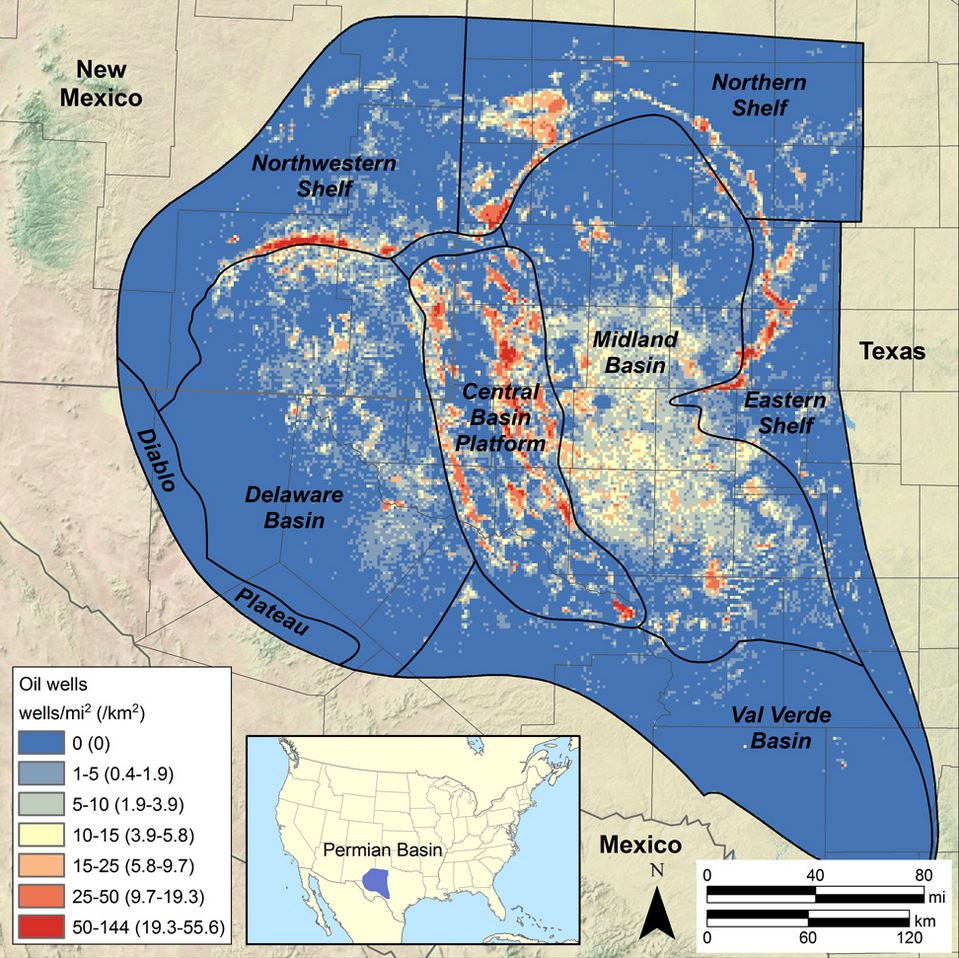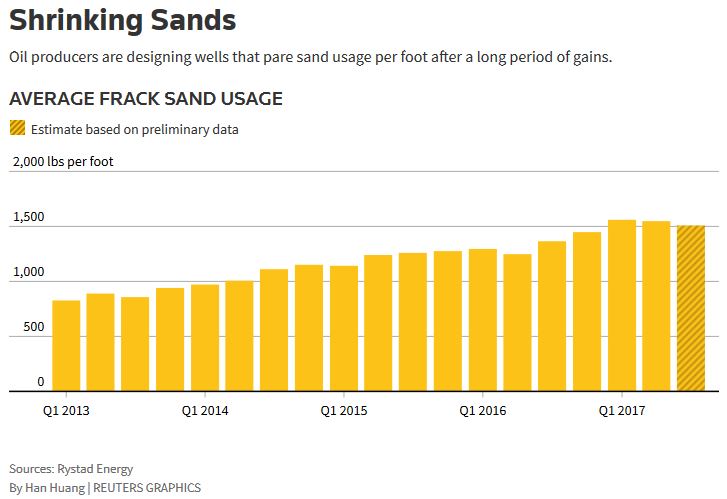The DC Court of Appeals and the US District Court for the Northern District of California have struck down orders of the EPA and the Bureau of Land Management postponing compliance dates for the Obama administration’s rules requiring the oil and gas industry to monitor and reduce methane emissions. Both courts held that the agency’s orders were “arbitrary and capricious” and in violation of the Administrative Procedure Act. Clean Air Council, et al. v. E. Scott Pruitt, Administrator, Environmental Protection Agency and Environmental Protection Agency, No. 17-1145, opinion July 3, 2017; State of California, et al. v. U.S. Bureau of Land Management, et al., Case Nos. 17-cv-03804-EDL, 17-cv-388-EDL, opinion Oct. 4, 2017.
Methane is a powerful greenhouse gas contributing to human-caused global warming. The EPA’s rules, aimed at reducing emissions of methane from oil and gas facilities, were adopted in May 2016. They impose “new source performance standards” for finding and fixing leaks of methane in oil and gas production facilities. Those rules require operators to implement a leak monitoring plan using optical gas imaging to find and fix leaks from valves, connectors, pressure-relief devices, flanges, compressors and thief hatches on storage tanks. The BLM issued similar rules in November 2016 to reduce waste of natural gas from venting, flaring and leaks during oil and gas production activities on Federal and Indian lands.
President Trump appointed Scott Pruitt as Administrator of EPA. Pruitt, as Attorney General of Oklahoma, sued the EPA at fourteen times on behalf of his state, attacking the EPA’s authority to regulate various industries. Pruitt rejects the scientific consensus that human activities contribute to climate change. Continue reading →






